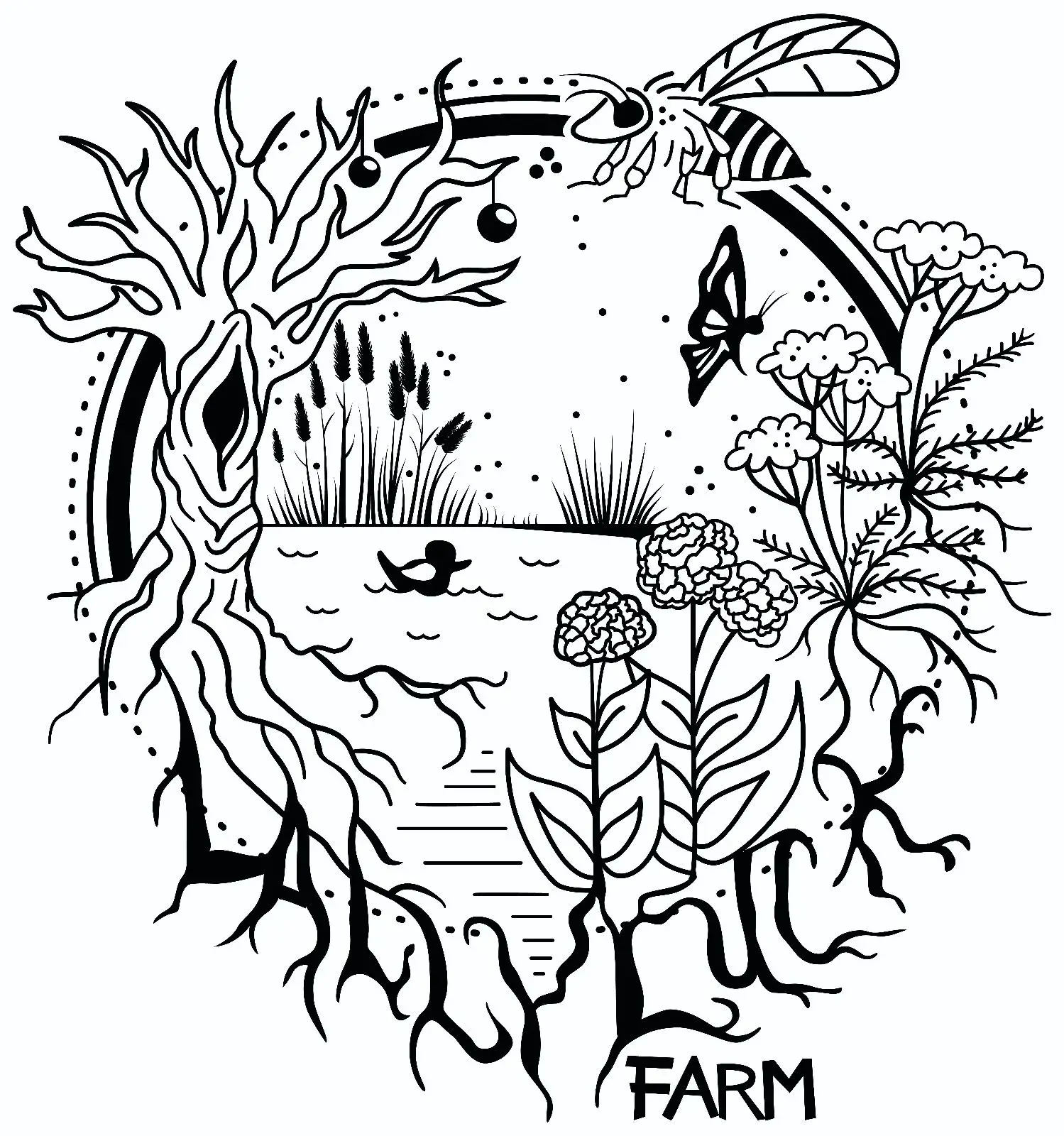We write our plant tags out by hand on discarded vinyl blinds with indelible markers, and there’s always the internal debate of whether it’s better to be informal and recognizable or technically correct (because writing both gets tiresome). Personally I lean towards accuracy rather than approachability because technically correct is the best kind of correct, but even my plant friends think I’m a nerd. Who’s with me?
I’ll use common names in conversation, but I prefer taxonomic naming when labeling things. Some things have no common names, some have many, and some share common names with other things. to me that’s reason to avoid them for identification
That’s always fun.
“Hey, check out this binomial name!”
“Uh, can I get that in English?”
“… I dunno”
I may or may not have a tray of some Plectranthus amboinicus that has a different common name on each plant… Cuban oregano, Mexican mint, Spanish thyme, Indian borage, Caribbean oregano, broadleaf thyme, and all the same plants!
When writing my PhD thesis I not only used the full latin name of the monkey species I studied, I even added the citation for the original, first description of it. It’s something that should be standard, because when a species gets renamed you otherwise might not longer know what older texts are referred to, but entirely fell out of fashion in many disciplines. My PI actually marked the citation with “What is this?” and when I explained he said it’s pretty old school but if I want, I can leave it…
I’d probably write both, but if I had to choose, latin, as it makes it more clear. And I’m not even thinking about “global”, some common names are different in different regions of the same country, where the same name can describe two different species.
I think you’ve raised a very salient point, especially in the age of reclassifying due to genomic testing. There are so many species undergoing these changes, and it’s daunting to think of the information that could be lost in those cases, or even just harder to track down.
We ran a small experiment at market the other day, having written out both; the plants with the common names showing forward had more interactions but the ones with binomials showing generated longer conversations. It’s an interesting dynamic.
I am totally with you! Mostly in conversation I try to use the Latin names. Works fine, because the person I’m talking to generally either 1) doesn’t know anything about plants and wouldn’t know the common name either, or 2) does know about plants and most likely does recognise the Latin.
Common names are really impractical IMO. For example, a while back I was giving away some cuttings, and someone offered me a cutting from her “umbrella plant” (translated) in exchange. So I said sure, fully expecting a schefflera. But she showed up with a cyperus alternifolius, which (at least in my language) has exactly the same common name. How is this useful? 🙄
Interestingly, in my country we seem to use the botanical name (at least part of the binomial) quite frequently by preference over any common English name.
Nasturtium, Rhododendron, Eucalyptus. Convolvulus. Tradescantia. Pinus radiata. Macrocarpa.
Nevertheless I am yet to hear exclamations of “oh, stuff your Brassica oleracea capitata!”
Nasturtium, Rhododendron, and Tradescantia are commonly used in our neck of the woods too. I sometimes wonder what the driver of that parlance is.






